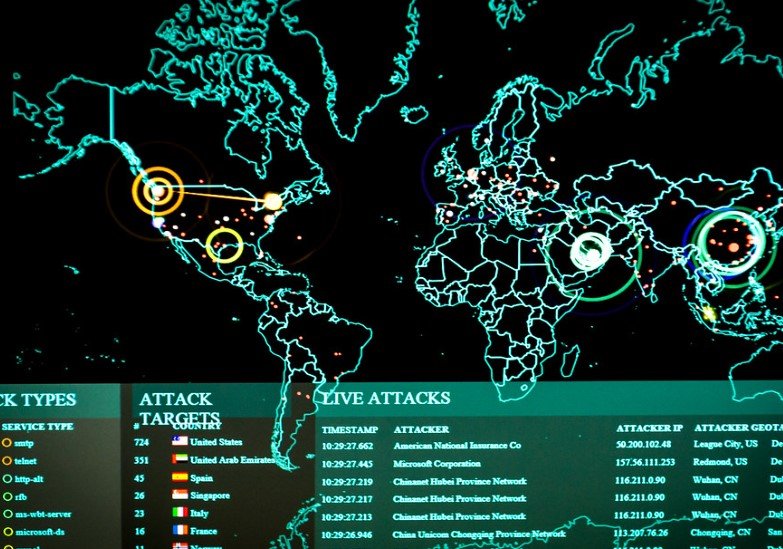AI Is Fueling a New Wave of Distributed Denial-of-Service Assaults
Distributed denial-of-service (DDoS) attacks have emerged as a dominant force in cyber warfare, with Israel, Georgia, Mexico, and Turkey facing a staggering rise in such incidents throughout 2024. A new report from NetScout Systems underscores the growing sophistication and frequency of these cyber disruptions, linking their escalation to geopolitical conflicts and electoral processes.
Unprecedented Spike in Attacks Across Key Regions
The scale of the surge is hard to ignore. According to NetScout, Israel witnessed an astonishing 2,844% increase in DDoS attacks in 2024, directly tied to the ongoing Israel-Gaza war. Georgia saw a 1,489% spike, largely attributed to its strained relations with Russia. Mexico, in the midst of a national election cycle, reported a 218% jump, while Turkey experienced a 437% rise, linked to tensions surrounding Syrian refugees.
“DDoS attacks are outpacing many traditional cyber threats,” the NetScout report emphasized. “They are precision-guided digital weapons, capable of disrupting infrastructure at critical moments.”

AI Is Lowering the Barrier to Cyber Disruption
The growing accessibility of artificial intelligence is making it easier than ever for attackers to launch DDoS campaigns. Security analysts warn that AI-powered tools are streamlining the process, reducing the technical expertise required to execute large-scale cyber onslaughts.
- AI can automate attack coordination, enabling bad actors to scale operations effortlessly.
- It facilitates ISP-spoofing and geo-spoofing, making it harder to trace perpetrators.
- Advanced AI-driven bots can rapidly adapt to countermeasures, keeping defenses on the back foot.
The result? A cyber threat landscape where virtually anyone with a malicious intent can disrupt digital services on an unprecedented scale.
Political Flashpoints and Cyber Warfare Go Hand in Hand
Geopolitical tensions are proving to be fertile ground for cyber disruptions. The Israel-Gaza conflict has turned digital infrastructure into a battlefield, with cyber operations mirroring military confrontations. Similarly, Georgia’s fraught relationship with Russia has fueled a surge in digital assaults, reflecting broader regional tensions.
In Mexico, the surge in DDoS attacks coincided with a heated election season. Analysts suggest politically motivated cyber actors sought to manipulate or disrupt communication channels, potentially influencing public perception. Meanwhile, Turkey’s sharp increase aligns with waves of unrest over its policies on Syrian refugees, underscoring how cyber threats are now deeply intertwined with real-world conflicts.
The Challenge of Attribution and Defense
One of the biggest hurdles in combating DDoS attacks is identifying their true source. The use of ISP-spoofing and geo-spoofing techniques allows attackers to mask their origins, rerouting malicious traffic through different regions and networks.
“It’s not just about sheer volume anymore,” a cybersecurity expert noted. “Attackers are getting smarter, using deception techniques that make tracing and mitigating threats significantly harder.”
Governments and organizations are scrambling to bolster their cyber defenses, but the rapid evolution of these attacks presents an ongoing challenge. With AI further tilting the scales, security experts warn that the next wave of cyber warfare could be even more disruptive than what the world has seen so far.
